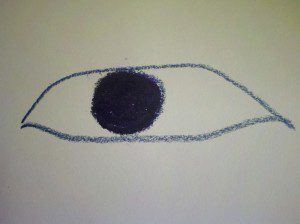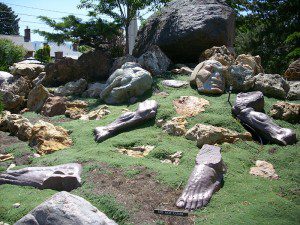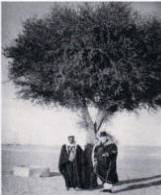 The ancient Egyptians understood that in dreams, our eyes are opened. Their word for dream, rswt, is etymologically connected to the root meaning “to be awake”. It was written with a symbol representing an open eye.
The ancient Egyptians understood that in dreams, our eyes are opened. Their word for dream, rswt, is etymologically connected to the root meaning “to be awake”. It was written with a symbol representing an open eye.
The Egyptians believed that the gods speak to us in dreams. As the Bible story of Joseph and Pharaoh reminds us, they paid close attention to dream messages about the possible future. They practiced dream incubation for guidance and healing at temples and sacred sites. They understood that by recalling and working with dreams, we develop the art of memory, tapping into knowledge that belonged to us before we entered this life journey, and awakening to our connection with other life experiences.
The Egyptians also developed an advanced practice of conscious dream travel.
Trained dreamers operated as seers, remote viewers and telepaths, advising on affairs of state and military strategy and providing a mental communications network between far-flung temples and administrative centers.
They practiced shapeshifting, crossing time and space in the dreambodies of birds and animals.
Through conscious dream travel, ancient Egypt’s “frequent flyers” explored the roads of the afterlife and the multidimensional universe. It was understood that true initiation and transformation takes place in a deeper reality accessible through the dream journey beyond the body.
A rightful king must be able to travel between the worlds. In the heb sed festival, conducted in pharaoh’s thirtieth year, the king was required to journey beyond the body, and beyond death, to prove his worthiness to continue on the throne. Led by Anubis, pharaoh descended to the Underworld. He was directed to enter death, “touch the four sides of the land”, become Osiris, and return in new garments – the robe and the spiritual body of transformation.
There is convincing evidence, from exact scholars and intrepid dream travelers, that the palace tombs and pyramid texts of Egypt are about much, much more than funerary arrangements. The Egyptians traveled beyond the gates of death while very much alive, not only to bring back first-hand knowledge of the afterlife, but to enter into sacred union with the gods and enthrone their power in the body, and so acquire the spiritual and sexual potency to marry the worlds.
The dream guides of ancient Egypt knew that the dream journey may take the traveler to the stars – specifically to Sothis or Sirius, the “moist land” believed by Egyptian initiates to be the source of higher consciousness, the destination of advanced souls after death, and the home of higher beings who take a close interest in Earth matters.

